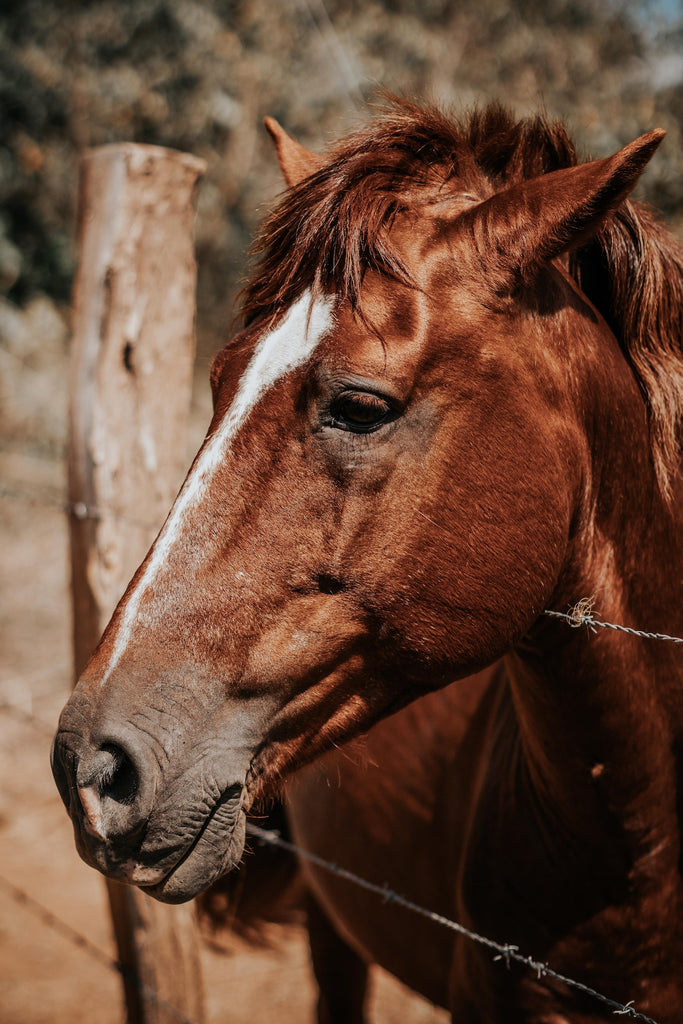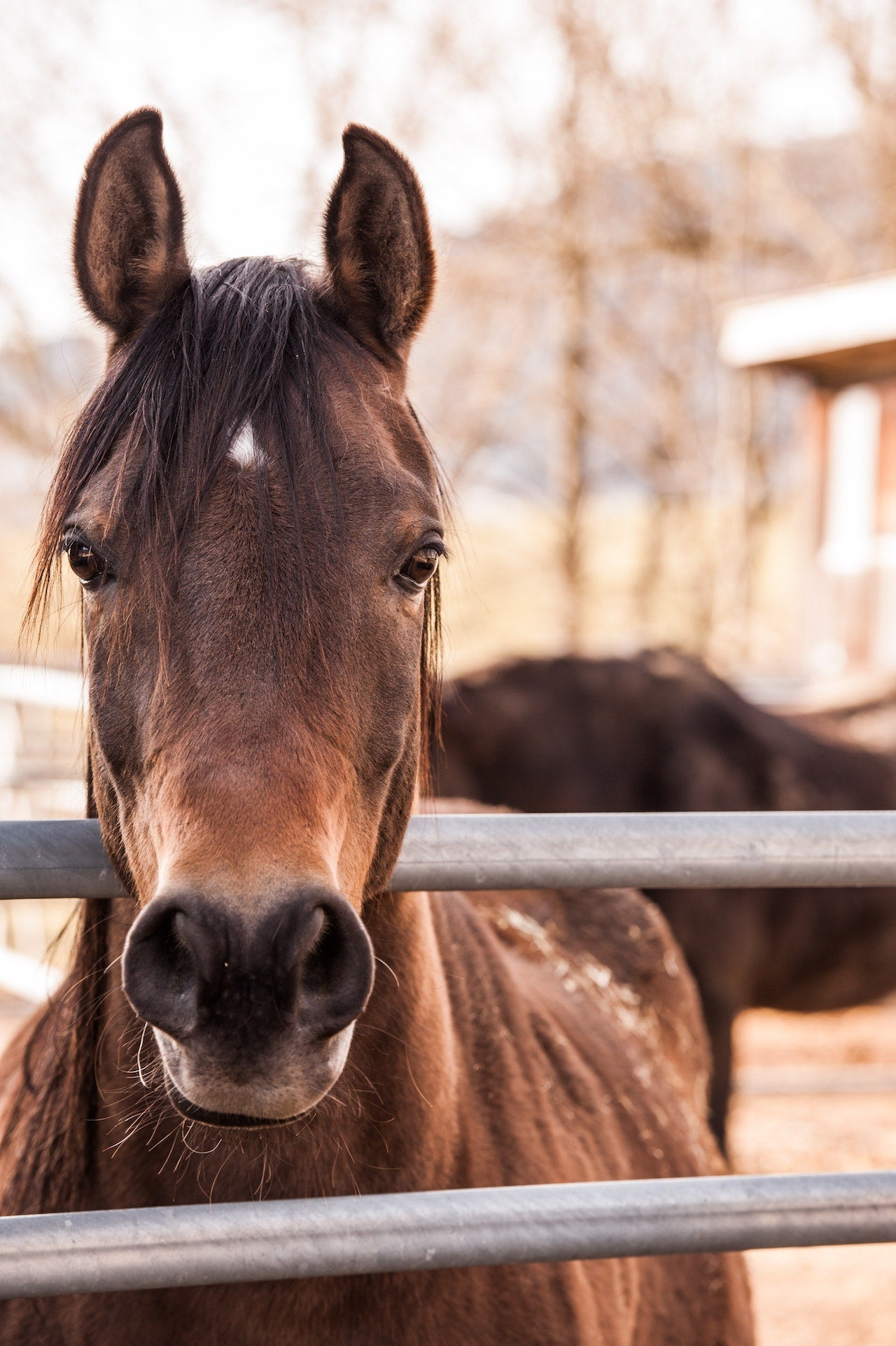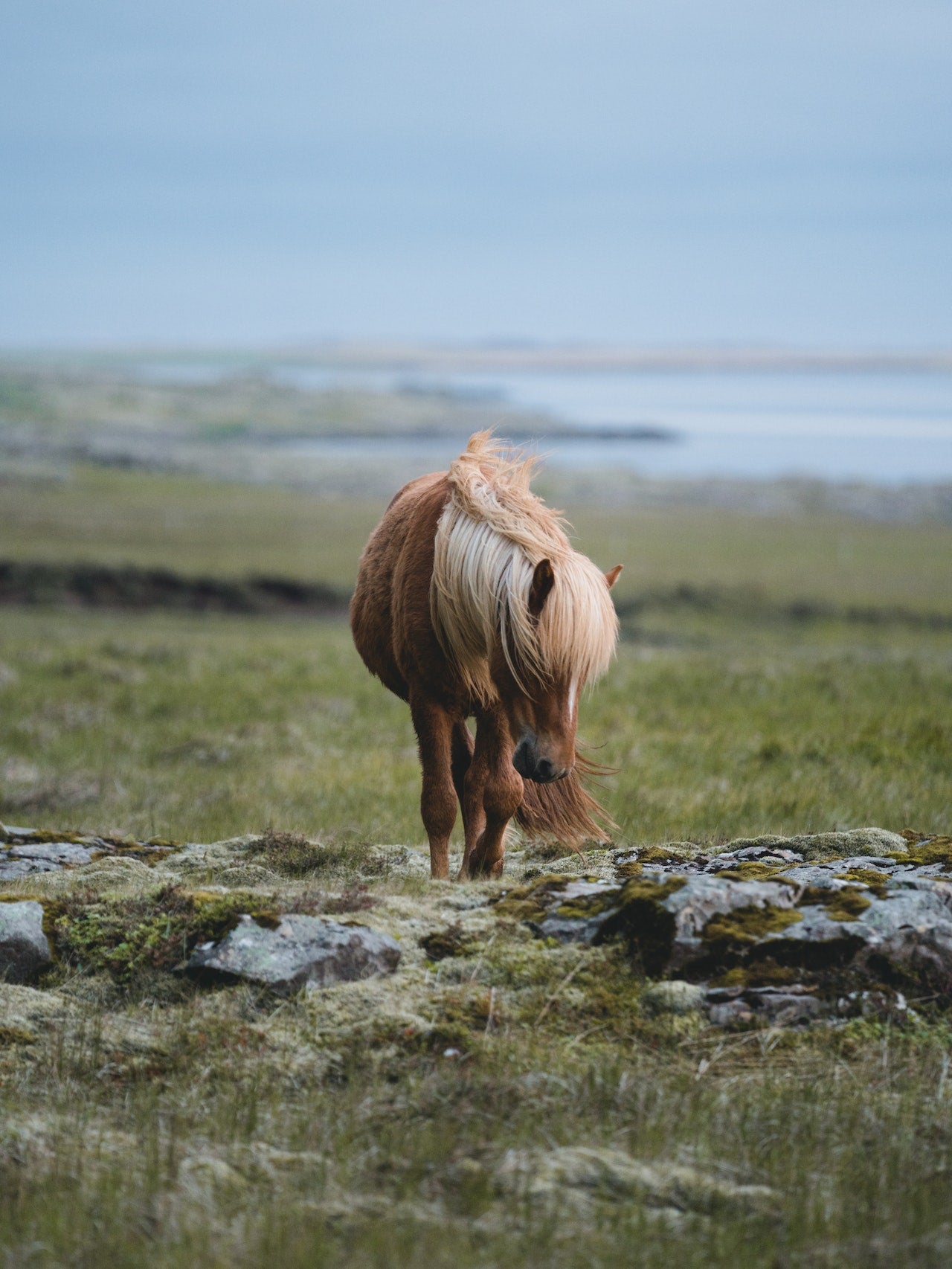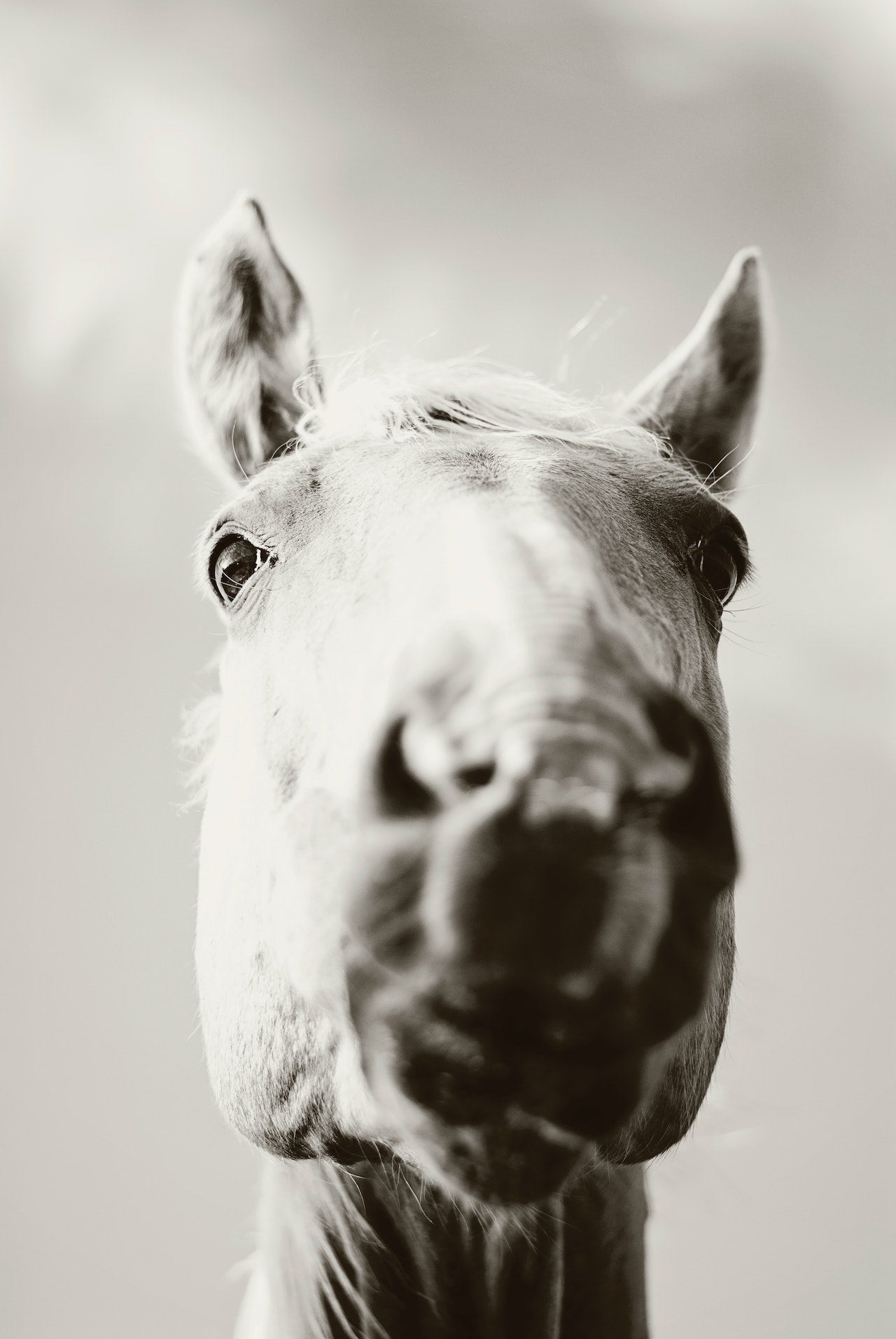
Dandelions: A Nutritional Addition to Equine Menu
As conscientious horse owners, we are constantly searching for fresh, organic ingredients to improve the diets of our equine friends. Let's talk about dandelion, those common yellow blooms that cover our meadows and lawns. Surprisingly, horses may benefit greatly from eating these seemingly common weeds.
We'll look at the advantages and limitations of feeding dandelions to horses in this post. While some people may view dandelions as an unwelcome annoyance, they offer a variety of nutritional benefits that can improve the general health of our furry pets.
We shall look into the vitamins and minerals that dandelions offer and their nutritional significance. We will also review some possible advantages of feeding a horse dandelion. When feeding dandelions to horses, there are significant concerns and safety measures to bear in mind, just as with any dietary alteration. We'll take care of these issues.
You will thoroughly grasp the advantages and recommended methods for incorporating dandelions into your horse's diet by the time you finish reading this article.
Can Horses Eat Dandelions?
Dandelions can be consumed by horses. Dandelions are frequently found in meadows and grazing areas and are considered to be safe for horses to eat. A horse's diet naturally includes dandelions, which are also a valuable source of nourishment. They provide vitamins and minerals that are good for horses. Horses can eat dandelions, but it's crucial to remember that they should only do so in moderation.

Dandelions
Dandelions are blooming plants of the Asteraceae family, and their scientific name is Taraxacum officinale. Although they originated in Europe, Asia, and North America, they are now found all over the world because of their adaptability to a variety of soil types and climatic conditions. One of the most recognisable and pervasive plants, dandelions are frequently seen in meadows, lawns, pastures and even in sidewalk cracks.
Humans have historically used dandelion. They have been appreciated for their possible health advantages and have long been utilised in herbal medicine. The leaves also contain calcium and potassium as well as vitamins A, C, and K. In herbal teas or tinctures, dried dandelion roots are frequently employed because they are thought to have diuretic and detoxifying qualities.
Although dandelions are sometimes regarded as weeds, interest in their potential advantages for animals, especially horses, has been generated by their nutritional worth and several applications. We will learn how these common plants may benefit equestrian nutrition and health as we learn more about feeding dandelions to horses.
Benefits of Including Dandelions in Horse’s Diet
Digestive Health
The fibre in dandelion plants can help horses have a healthy digestive system. Consuming enough fibre promotes regular bowel movements, prevents colic, and preserves a balanced gut microbiota.
Rich in Vitamins
Dandelions are abundant in vital vitamins that assist horses' general health. They include vitamin A, which is essential for healthy skin and fur as well as eyesight, the immune system, and vision. Vitamin C, an antioxidant that supports collagen formation and immunological function, is also present in dandelions.
Provides Essential Minerals
Dandelions are a rich source of the minerals that horses need for a balanced diet. They include potassium, which is essential for neuron function and muscular contractions, as well as calcium, which promotes bone health. Magnesium, phosphorus, and iron are some of the other minerals found in dandelions.
Antioxidant Support
The beta-carotene and flavonoids found in dandelions help fight free radicals and lessen oxidative stress in the horse's body. Antioxidants help maintain healthy cells and immune system function.
Natural Foraging Behaviour
Horses are natural grazers, and dandelions offer an opportunity for them to engage in their instinctual foraging behaviour. Allowing horses to nibble on dandelions in pasture or as part of their feed can help satisfy their natural grazing instincts.
How to Feed Dandelions to Horses
Source Fresh, Pest-free Dandelions
If you decide to give your horse dandelions, make sure the plants are devoid of pesticides, herbicides, and other potentially dangerous substances. Pick dandelion flowers in places that haven't been treated with these chemicals.
Gradual Incorporation
Begin by gradually introducing dandelion to the horse's diet. Start slowly and gauge the horse's reaction. While some horses may acclimatise to dandelions right away, others could need some time.
Mixing with Other Feed
Add dandelion leaves to the horse's normal diet. To make fresh dandelion leaves tastier and more enticing to the horse, combine them with hay, pellets, or other feeds. Make sure the horse's nutritional needs are met and that the food generally stays balanced.
Dried or Juiced Dandelions
Another choice is to dry the dandelion leaves and add them to the horse's feed as a dried herb. Dandelion leaves can also be juiced and added to the horse's diet or water as an alternative. Both approaches offer an alternate means of delivering the nutritional advantages of dandelions.
Quantity and Frequency
Pay close attention to the amount and frequency of feeding dandelion plants. Dandelions should only be consumed in moderation even if they are nutritious. An excessive amount of dandelion ingestion might disturb the horse's digestive system or throw off the balance of its diet. Start with tiny doses and increase or decrease as necessary based on the horse's reaction.
Considerations and Precautions
Quality and Safety
Make sure the dandelions supplied to horses are safe and devoid of any hazardous chemicals, pesticides, or herbicides. Don't pick dandelions in regions that may have received such treatments. This guarantees your horse's security and welfare.
Moderation is Key
Although dandelions may provide nutritional advantages, moderation is essential. Gradually include dandelions into the horse's diet and observe how they react. The balance of the horse's general diet may be thrown off if too many dandelions are fed, and it might even result in intestinal problems. Start with tiny amounts and make adjustments as necessary based on the horse's tolerance level and specific dietary requirements.
Digestive Sensitivity
Certain plants, such as dandelions, may cause digestive sensitivities or allergies in some horses. After introducing dandelions, keep a watchful eye on the horse and look out for any symptoms of digestive trouble, such as colic or diarrhoea. If these signs appear, stop feeding the dandelions and speak with a veterinarian to identify the reason and the best course of treatment.
Monitoring and Adjustment
When feeding dandelions, be sure to regularly check on the horse's general health, physical condition, and any changes in behaviour or digestion. If there are any issues, such as weight loss, poor coat health, or negative responses, seek expert advice so that the horse's diet may be assessed and any required changes can be made.
Concluding Words
Dandelions may be fed to horses to provide variety, aid with digestion, and supply extra nourishment. It's a way to appreciate what nature has to offer and improve your horse's general well-being. You may encourage a healthy and balanced diet for your equine partner by being aware of, knowledgeable about, and sensitive to your horse's requirements.



